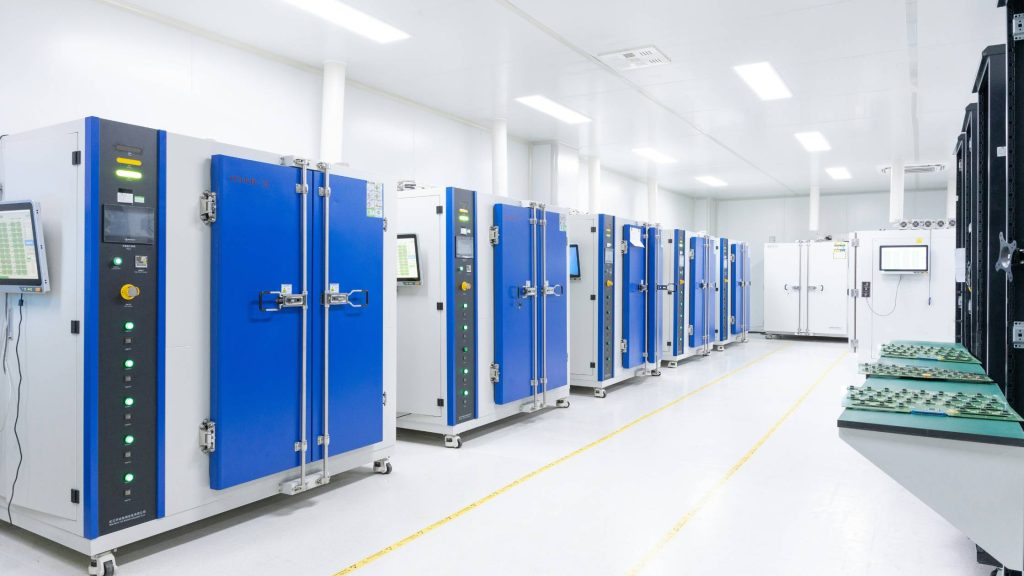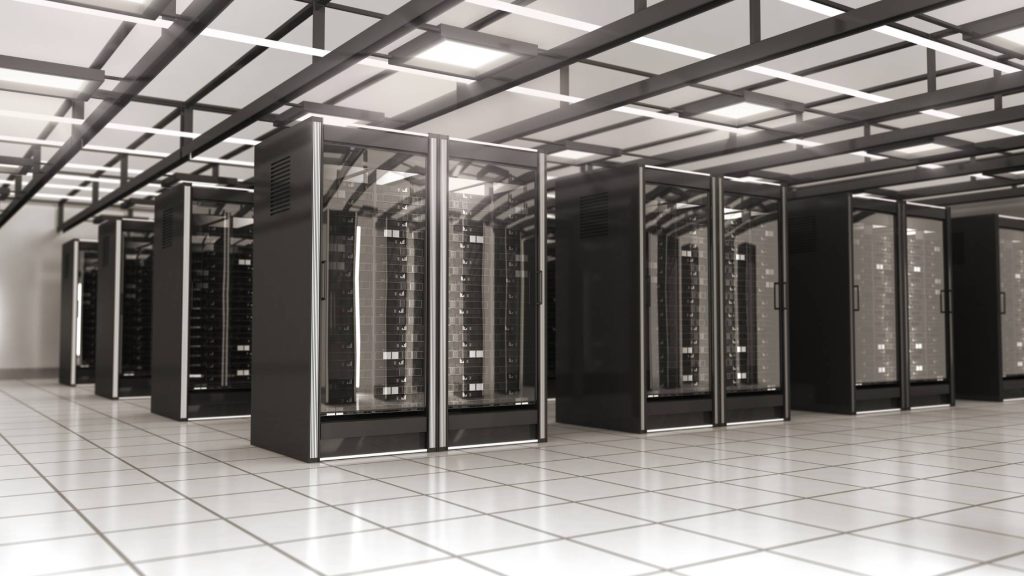The 8Cs: What Goes into Choosing Data Centre Locations?
Deciding on data centre locations is a balancing act that requires weighing up multiple factors to make sure everything runs smoothly, stays secure, and doesn’t break the bank.
These factors can be listed as the 8Cs, and each of these elements is crucial in its own right. They influence everything from how much energy a data centre uses and how well it can bounce back from disasters to meeting legal standards and ensuring a seamless experience for end users.
In this article we’ll look at each of the data centre location factors for site selection.
Looking to hire?
Contents
How are data centre locations chosen?
Data centre location factors can be summarised using the 8Cs: Connectivity, Climate, Carbon neutrality, Certainty, Catastrophic events, Compliance, Capacity for expansion, and Closeness to end users.
Location criteria for building a data centre: The 8Cs
Data centre site selection involves:
1. Connectivity and bandwidth
Reliable, high-speed internet is a key factor in deciding data centre locations. Regions suitable for data centre construction must have great network infrastructure, and multiple internet providers and routes to ensure that data can be reliably transferred.
Data centre connectivity examples:
- Northern Virginia is a region that hosts a huge proportion of US data centres and has a dense network of fibre-optic connections. This super-connectivity means it handles a large proportion of global internet traffic.
- The new 2Africa subsea cable will have a large impact on data centre construction in Africa due to increased connectivity.
Disruption to internet connection can have a significant impact on end users and their operations, and so connectivity is an important data centre location factor to consider upfront.
2. Climate and cooling
Servers within data centres generate a huge amount of heat; artificial cooling of data centres is a huge factor in the cost of operating them because of the huge amount of energy required.
Regions like Dublin, Ireland, and the Nordic countries are attracting big investment from companies like Google, Meta, and Microsoft, because data centres located there consume far less energy than in hotter markets like parts of the US and Latin America.
3. Carbon neutrality prospects
As many companies strive towards more sustainable energy solutions (and for some, total carbon neutrality), the capability to use renewable energy sources like wind, solar, and hydroelectric energy is becoming more and more important. Moreover, these energy sources need to be reliable, consistent, and affordable.
Frankfurt, Germany, is renowned for its commitment to renewable energy and stringent environmental regulations and has become a data centre hub as a result.

4. Certainty in political and economic conditions
It goes without saying that locations with political and economic stability are favoured for data centre construction.
5. Catastrophic events
Natural disasters and extreme weather events like hurricanes, flooding, earthquakes, and tsunamis can wreak havoc on data centre operations, so regions that experience fewer catastrophic events are favoured for data centre locations. Connectivity and power are two areas that can be affected with devastating consequences.
In addition to this, regions hosting data centres need to have robust infrastructure and mitigation measures in place in case events such as these do occur. In an ideal world, every data centre would have a backup location regardless of the possibility of catastrophic events.
6. Compliance and security
Data centres often store sensitive data, and so compliance and security are a top factor when it comes to choosing a location.
Tangible security measures need to be accessible; measures like surveillance system and on-site security personnel need to be available. Intangible measures also need to be considered, such as the location’s regulatory compliance requirements and data protection laws.

7. Capacity for expansion
Data centre construction reached an all-time high in 2023, with 3078 MW under construction, a 46% year-over-year increase. With the rate at which data centres are being constructed and expanded, it’s vital for data centre operators to consider a location that can grow with them.
This not only means the physical space available but also the access to talent and locally available infrastructure like accommodation and transport.
8. Closeness to end users
Finally, the last factor considered for data centre location is the proximity to end users. Regions with large financial or industrial districts can be provided with fast, reliable access to data if data centres are located nearby.
The experience of end users can be improved by reducing overall latency: the time it takes from when the user makes a request, to when a response gets back to that same user. Lower latency means web pages load more quickly and users have a better experience overall browsing the internet.
Summary
In the end, selecting the right spot for a data centre isn’t just about ticking boxes. It’s about creating a foundation that supports growth, resilience, sustainability, and efficiency for years to come.
As the data centre industry continues to evolve and expand, the significance of data centre locations will only become more critical. Staying informed and proactive in data centre site selection strategies will pave the way for continued success and innovation.
Subscribe to the DC Digest
Your fortnightly update on everything going on in the data centre industry, all in one place.
DC Digest
Recent data centre news:
- Weekly Data Centre Digest – 30th May 2025
- Weekly Data Centre Digest – 23rd May 2025
- Data Centre Marketing Club to Host Masterclass Event
- Weekly Data Centre Digest – 16th May 2025
- Weekly Data Centre Digest – 9th May 2025
Other insights
- Articles (34)
- Partnerships (9)
- Research (17)
- Uncategorized (22)
- Update (165)
- USA (9)
Inside Data Centre Podcast
-
Data Centre Marketing Club to Host Masterclass Event
Co-founded by Senior Education, Influencer, Marketing and PR leaders, the new Data Centre Marketing Club hosts its first Masterclass at Norton Rose Fullbright on the 22nd May 2025.
-
2025 Global Data Center Market Comparison – Key Takeaways
Cushman & Wakefield’s latest Global Data Center Market Comparison report paints a clear picture of a fast-moving, high-demand landscape. With the rise of artificial intelligence and machine learning accelerating infrastructure requirements, the global data centre industry is undergoing one of its most intense growth periods yet.
-
Amsterdam Data Centre Market Report
Download the Amsterdam data centre market report for more information on power availability, market value and emerging trends in The Netherlands.
-
What is a data centre?
Imagine a giant warehouse, but instead of products, it stores everything digital: your photos, videos, games, music, and files. In this article we answer the important question: what is a data centre?
-
Dublin Data Centre Market Report
Download the Dublin data centre market report for more information on power availability, market value and emerging trends in the Republic of Ireland.
-
7 Types of Data Centre
Not all data centres are created equal. They come in different shapes and sizes, each designed for specific needs. Read on to find out about seven types of data centre.



